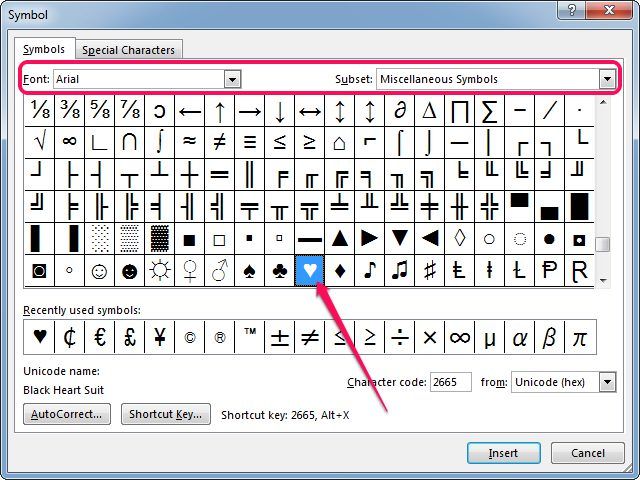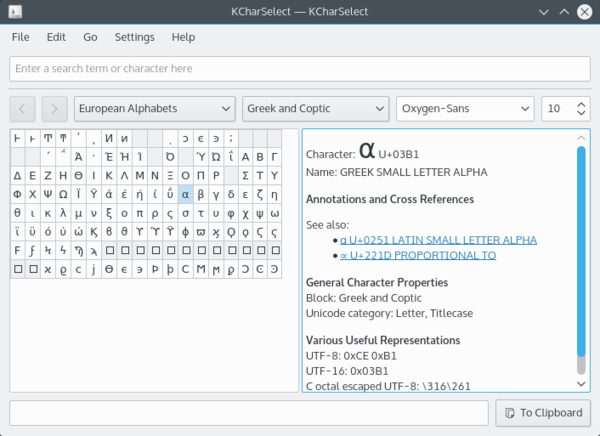
(Sorry, this is just for Windows users right now-I haven’t tried it in Word for Mac because I don’t have it.)Ġ. I’m going to take you through all my steps to show you how I got the answer, not just what the answer is, starting with step zero. I’m going to show you instead how you can do it automatically. That would take a while if I had to do it manually. Click on the “Save as type” dropdown and select “Plain Text” option.I may need to change the typeface of every Greek word in my dissertation from Gentium Book to Gentium Plus.Go to “File” menu and select “Save As” option.However, you can change the encoding by changing the file into plain text format. Word will assign the character encoding by default based on your regional language installation or UTF-8.

You can’t change the encoding of a file that you are saving as a. This will help you to disable the file conversion dialog in future. Go back to “File > Options” and change the settings under “Advanced” section.

Once you are done with changing character encoding of a file, ensure to disable the file conversion option. This will help you to view the file’s content in readable format, as UTF-8 should support most of the characters. Now, you have successfully changed the file’s character encoding to UTF-8. If required, choose insert line breaks and allow character substitution options. You will see a list of encoding options available in the list and choose “Unicode (UTF-8)” format. Click “OK” to apply the changes and close all open documents.Ĭhoose “Other encoding” option to enable the list box beside.


This does not mean the document is corrupted. You will see junk characters when opening a plain text file having different character encoding. Microsoft Word uses default Windows or macOS character encoding for the file extensions like. Process Steps in Character Display Are You Viewing Junk Characters in Word?


 0 kommentar(er)
0 kommentar(er)
